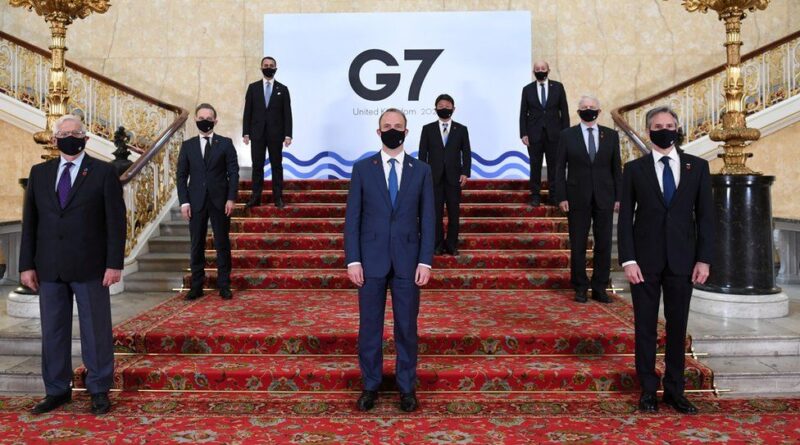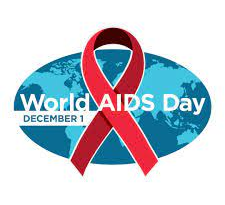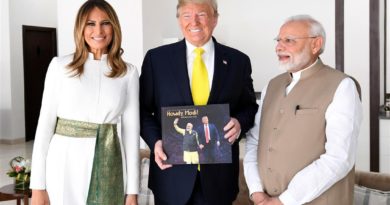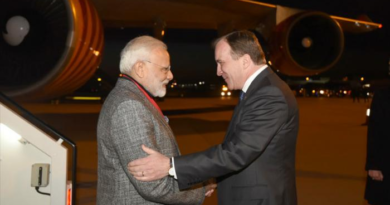G7 Ministers Unite To Fight Against Corruption

The ministers of Canada, France, Germany, Italy, Japan, the United Kingdom, and the United States of America, and the High Representative of the European Union comprising the G7 made a joint statement on the UN General Assembly Special Session Against Corruption
The statement mentioned that the G7 Ministers recognize that corruption is a pressing global challenge. As the UN Convention against Corruption notes, corruption threatens the stability and security of societies, undermining the institutions and values of democracy, ethical values and justice, and jeopardizing sustainable development and the rule of law. Corruption presents serious threats for individuals and societies and often enables other forms of crime, including organized crime and economic crime, including money laundering. These threats have been heightened by COVID-19. As the world continues to recover, it is critical that we do not let corruption threaten our efforts to build back better and address global challenges especially the achievement of the 2030 Sustainable Development Goals. The ministers said that during the G7 ministerial meeting in September this year there will be a discussion on the joint efforts to address corruption.
Corruption is a challenge faced by all countries. Its effects are felt at local, national, and global levels and it is our common and shared responsibility to take action. We as the G7 stand up for an open society, with a strong civil society and free media. We are convinced that these actors are crucial in preventing and combatting corruption. Thus, it is our goal to acknowledge the role of civil society and free media and to promote their freedom and protection in the UNGASS declaration. We recognise that progress will catalyse prosperity, security and development.
G7 Foreign Ministers said that they are committed to work collectively to strengthen the foundations of open societies and protect against threats, including corruption, and illicit finance, and the closure of civic space. In this regard, we reaffirm the fundamental role of the UN Convention Against Corruption (UNCAC) and its supporting bodies play in the global fight against corruption. It is the only legally binding universal instrument on corruption, negotiated on the basis of consensus. The Convention is the cornerstone of our international anti-corruption framework. It forms an integral part of the international anti-corruption architecture which, when fully and effectively implemented, will robustly combat corruption. They fully support the aims of this Special Session of the General Assembly against corruption to address challenges and measures to more effectively prevent, detect, prosecute, and punish corruption and strengthen international cooperation.
The adoption of the action-oriented political declaration and commitment to achieving its aims is a welcome step. Given the international responsibilities, the G7 recognises the need to enhance the efforts to prevent and combat corruption by leading by example and must continue to make real progress on this issue to ensure strong and effective implementation of UNGASS commitments.
The G7 ministers reiterated the following points
- Prevention of corruption and other forms of illicit finance to protect our financial centres and deny safe haven to the proceeds of crime.
- Transparency to benefit citizens and societies and will protect and promote access to information for all citizens, including civil society organisations, media and journalists.
- Law Enforcement Cooperation/Criminalization
- Foreign bribery laws and ensuring effective implementation of the OECD Anti-Bribery Convention.
- Denial of Safe Haven to corrupt individuals and their ill-gotten gains.
- International Cooperation and Technical Assistance (TA) and commit to using our programmes efficiently to build capacities and provide timely, sustainable, adequate and effective technical assistance that meet needs.
- Civil Society (including protection of journalists and role of the media) with a commitment to support and protect those who report and stand up against corruption.
- Asset Recovery to promote and support international co-operation among relevant law enforcement agencies.
- Rule of Law and Fundamental Freedoms to achieve sustainability, to counter abuses of power and to foster an environment needed to effectively achieve the goals of the 2030 Agenda.
- Implementation of anti-corruption conventions and other initiatives.
- Commit to consulting civil society in our country reviews and promoting their inclusion as observers in subsidiary bodies of the UNCAC and Conference of States Parties.
- Call all countries under review by UNCAC to publish their full UNCAC country reports and invite inputs from a wide range of stakeholders.
- Support UNODC to prepare a comprehensive report on member state implementation of UNCAC, after completion of the current review phase, and report its findings to the COSP.
- Support the effective implementation of existing regional anti-corruption frameworks and the FATF standards, including their review mechanisms for compliance.
- Urge those who have not ratified the UNCAC to join the 187 other state parties who have done so.
The G7 ministers firmly reiterated the importance of strong and unified leadership in addressing corruption. They said to look to forthcoming processes in relevant fora with close cooperation with other stakeholders such as, the US Summit for Democracy and the Open Government Partnership 10-year Anniversary Summit in South Korea and the UK presidency of the G7 to build on these commitments. They are also committed to working within these forums, as well as through the G20 Anti-Corruption Working Group, to continue to drive progress on this important agenda.




